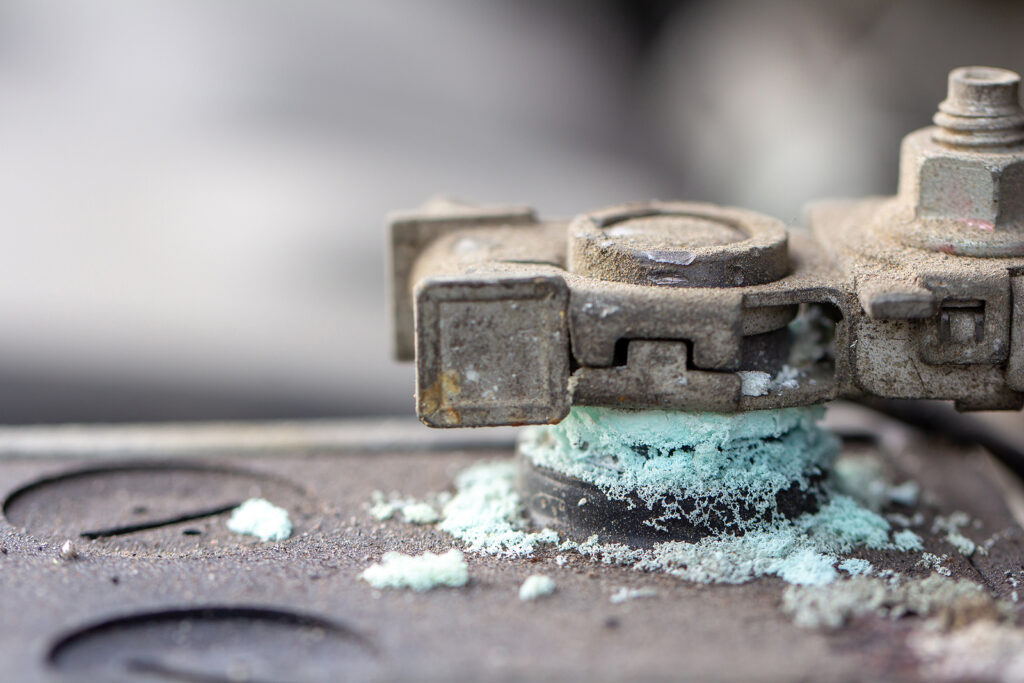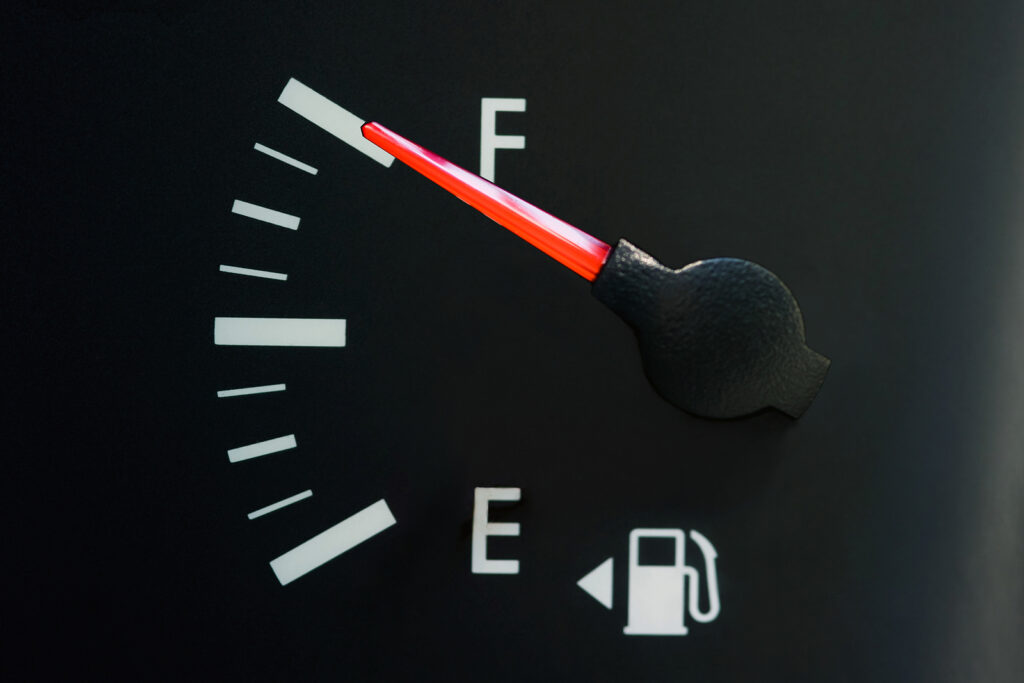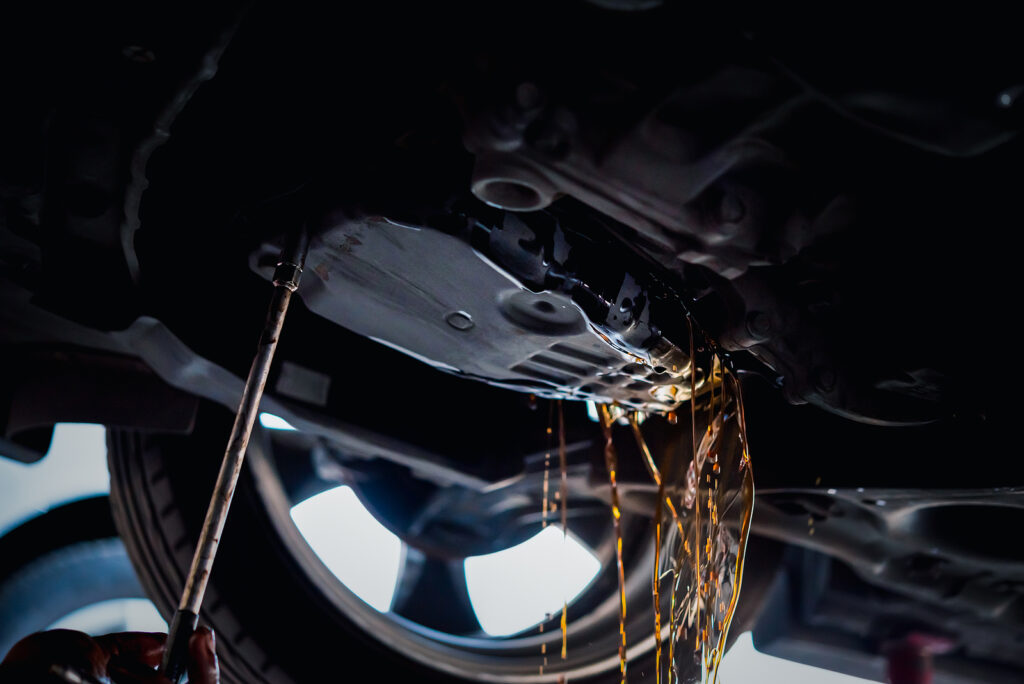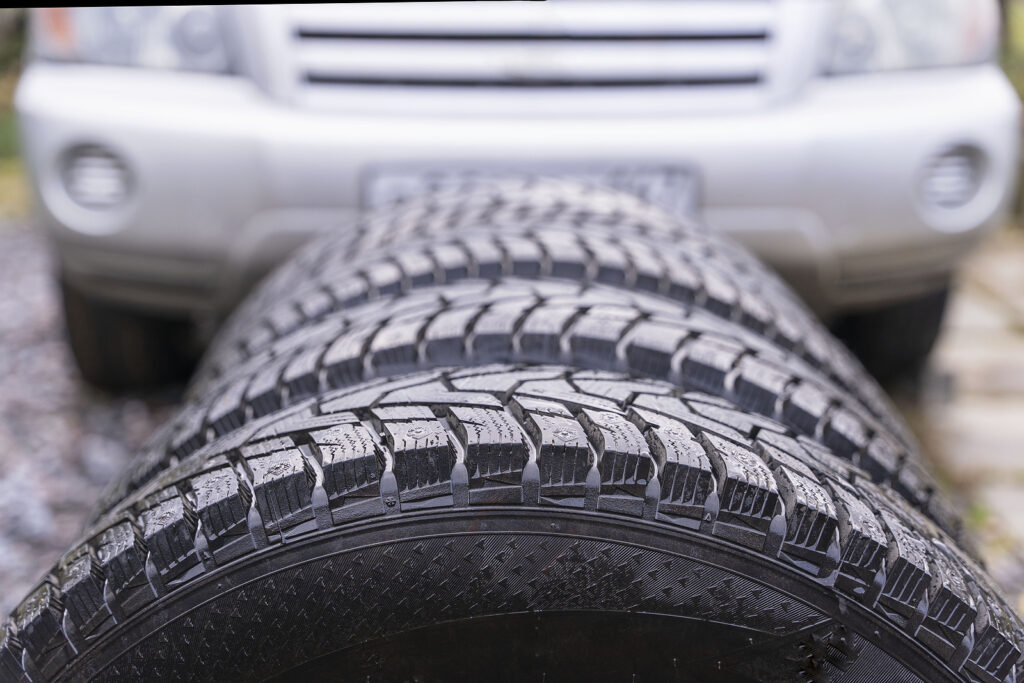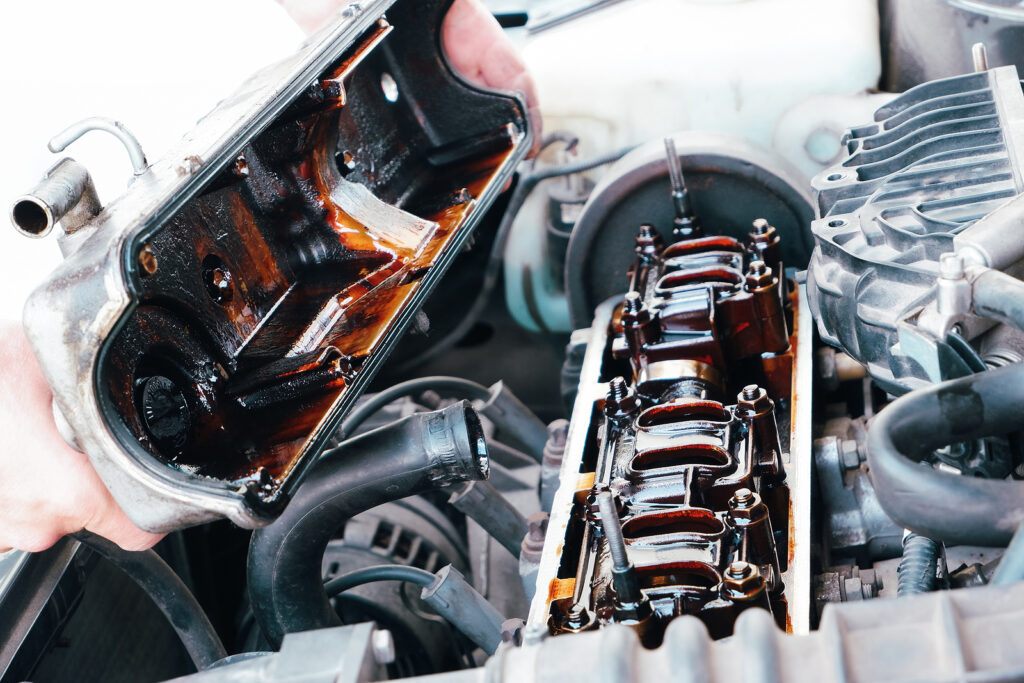Uh oh. The one light on your dashboard you don’t want to see come on just did. What does it mean when your Check Engine Light lights up? Well, the answer isn’t always so clear. Continue below to learn some top reasons why Check Engine Lights come on, plus what you should do now that yours is illuminated.
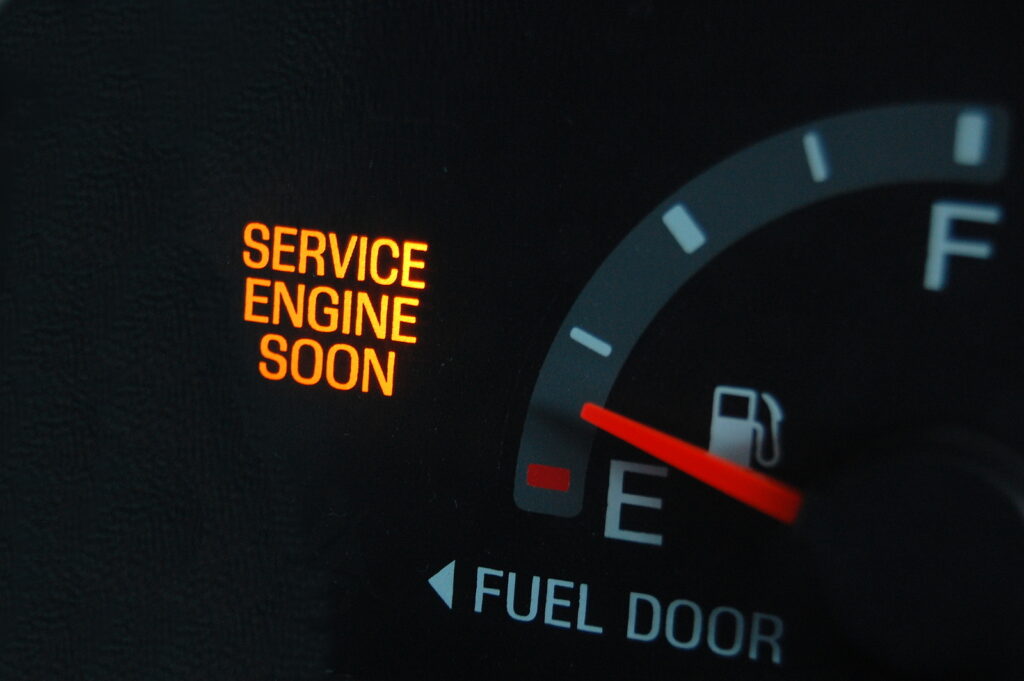
Check Engine Light Basics
Also known as a Malfunctioning Indicator Lamp (MIL), the Check Engine Light is designed to do just that: indicate when there is a malfunction occurring within one of the systems in your vehicle. Is your Check Engine Light solid or flashing? In most cases, this light will illuminate in a solid orange, yellow, or amber color. If the Check Engine Light is flashing, it is typically indicative of a more serious automotive malfunction or breakdown.
Common Causes of an Illuminated Check Engine Light
In most cases, a Check Engine Light will come on because the gas cap is loose or needs replaced. So, always check this first before moving forward with diagnosing and illuminated Check Engine Light. In moderate cases, the Check Engine Light will illuminate if one of the vehicle’s internal systems is experiencing a malfunction or decline in performance. In serious cases, a Check Engine Light can come on as a result of misfiring, an overheating catalytic converter, or an internal fire hazard. In these occurrences, the MIL will generally present itself in flashing form. In rare cases, the MIL will illuminate for no reason at all.
One of top reasons why Check Engine Lights come on is because a part needs to be replaced, such as:
↔ Mass Airflow Sensor
↔ O2 Sensors
↔ Catalytic Converter
↔ Ignition Coils
↔ Spark Plugs
↔ Fuel Injectors
↔ Thermostat
↔ Evaporative Emissions (EVAP) Purge Control Valve
↔ Evaporative Emissions (EVAP) Purge Solenoid
How to Diagnose a Check Engine Light
There are two ways you can go about diagnosing the reason why your vehicle’s Check Engine Light came on. You can take your car into a local auto shop and have a mechanic diagnose the issue using an industry specific code reader. You can also choose to purchase your own code reader and perform diagnostics yourself. You can expect a mechanic to charge you anywhere from $75 dollars to $120 for Check Engine Light diagnostic service.
Over-the-counter code readers drastically range in price, anywhere between $25 and $800, so you have quite the selection to choose from. The pricier the device, the more accurate the readings are likely to be. Also, the more expensive code readers typically offer additional features separate from Check Engine Light diagnostics. This is why they cost more. The cheaper code readers may not provide the most accurate diagnostics, which may require you to take it in for professional service in the end. So, he was when making your purchase selection. If you are going to perform your own Check Engine Light diagnostics.
Did your Check Engine Light code results reveal that your car is totally junked? If so, trade it in for cash on the spot, then place that profit towards a new car! Contact GC’s Junk Cars at 502-804-5605 to sell a junk car in Louisville, Kentucky for an instant cash payout. We provide FREE junk car removal!
Related Posts:
5 Reasons Why Your Car is Shaking and Vibrating
Why Did My Car Battery Corrode?
How to Tell if Your Car is Leaking Transmission Fluid

